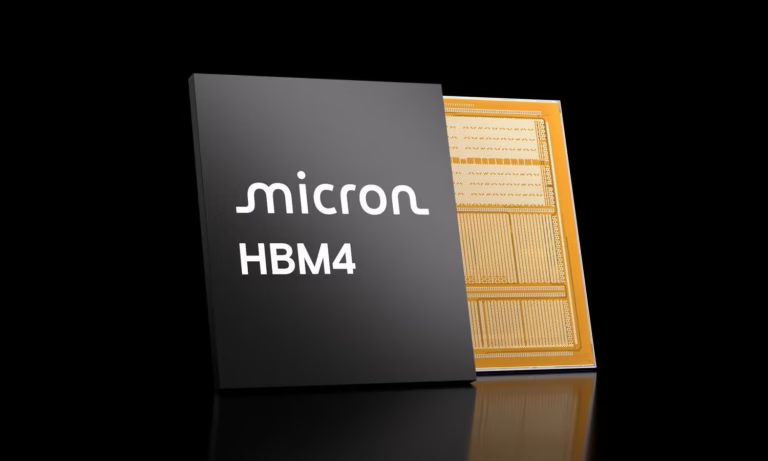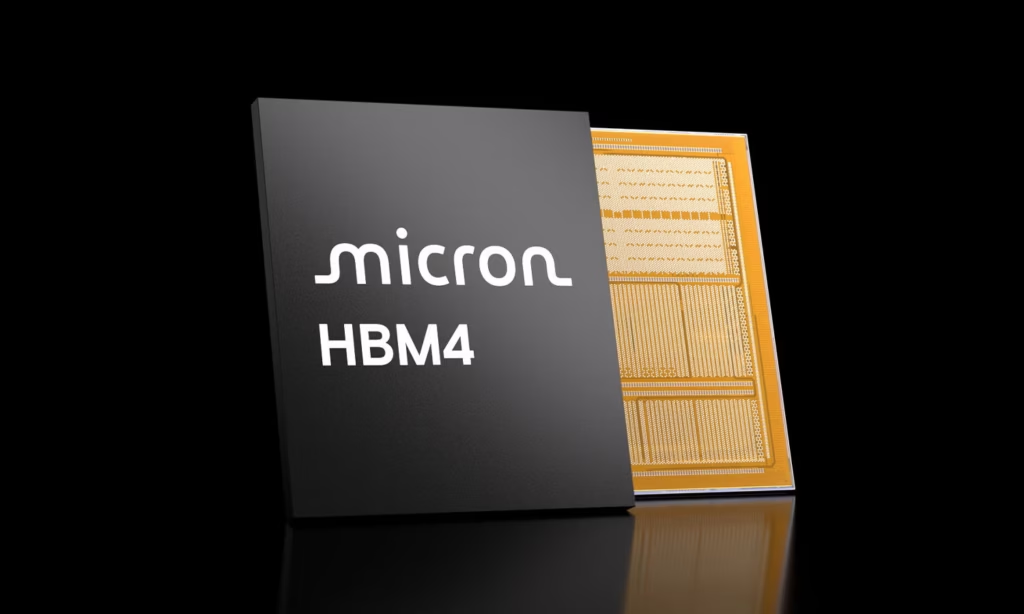Artificial intelligence (AI) and high-performance computing (HPC) are evolving at an unprecedented pace. To keep up, memory technology must deliver unmatched speed, capacity, and efficiency. Micron’s HBM4 (High-Bandwidth Memory 4) is set to meet these demands, enabling the next generation of AI platforms. At Saitech Inc, we focus on keeping our clients informed about emerging technologies that shape AI, cloud computing, and enterprise infrastructure.
Micron HBM4: What Makes It Different
Micron HBM4 represents a leap forward in memory design, engineered to handle massive data throughput required by modern AI workloads. Key characteristics include:
- Expanded Capacity: Up to 36GB per stack with 12-high layers, scalable to higher capacities for future systems.
- High-Speed Data Access: Improved interface design allows for peak bandwidth exceeding 1.5 TB/s per stack.
- Energy Efficiency: Offers significantly better power efficiency compared to HBM3E, ideal for energy-intensive computing.
- Advanced 3D Stacking: Enables higher memory density in a compact form factor for optimized system integration.

Why HBM4 is Critical for Next-Gen Computing
Although Micron HBM4 isn’t available for individual resale, it is a critical component in high-end AI GPUs and accelerators, powering the AI and HPC solutions that businesses rely on. Its high bandwidth and capacity ensure:
- Faster AI model training and inference
- Reduced latency in data-intensive workloads
- Efficient operation in power-sensitive environments
By understanding HBM4, organizations can better prepare for the performance advantages offered by next-generation AI systems.
Saitech Inc’s Commitment to Technology
At Saitech Inc, we provide our clients with high-performance GPUs, servers, and AI solutions that integrate the latest memory technologies. While HBM4 is currently reserved for key enterprise customers, we monitor its adoption closely to ensure our offerings leverage these advancements for maximum performance.
Micron HBM4 is a significant step forward in memory technology. As it becomes integrated into AI and HPC systems, it will play a pivotal role in enhancing computational efficiency and performance. At Saitech Inc, we remain committed to providing solutions powered by cutting-edge technology, helping our clients stay ahead in the rapidly evolving world of AI.
For a deeper dive into Micron HBM4 and its applications in AI systems, check out our detailed blog on eSaitech.

